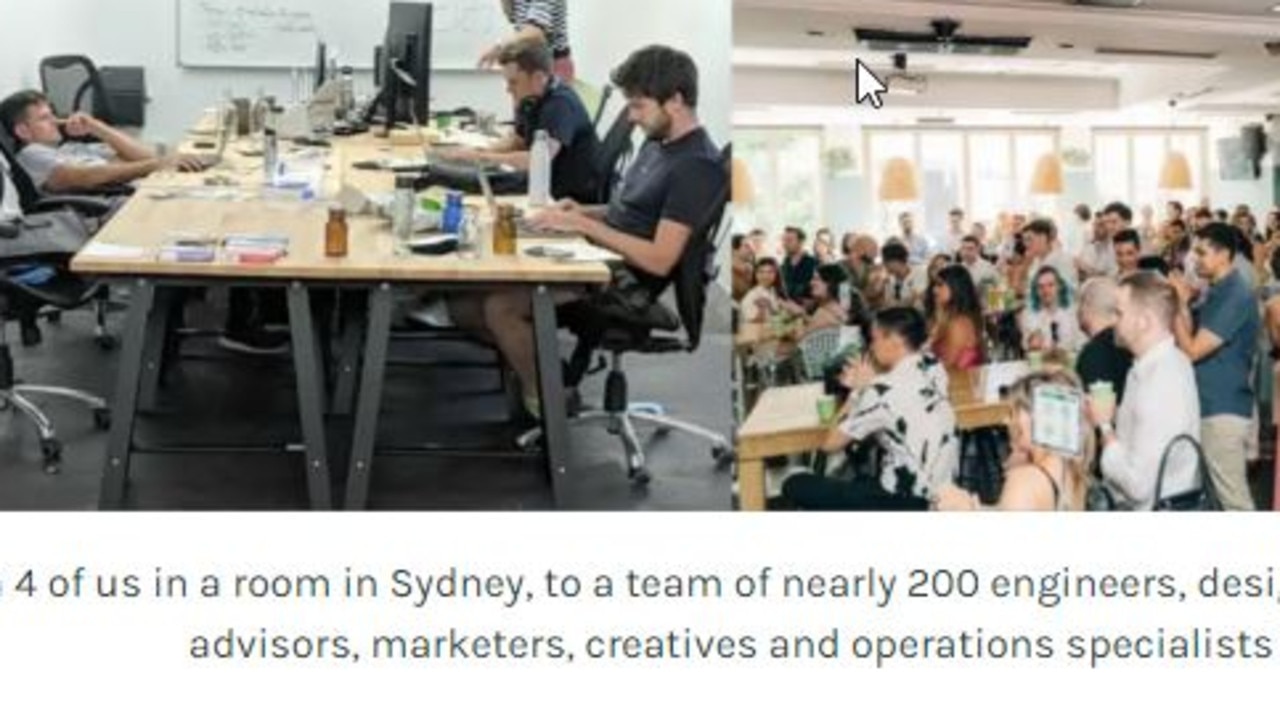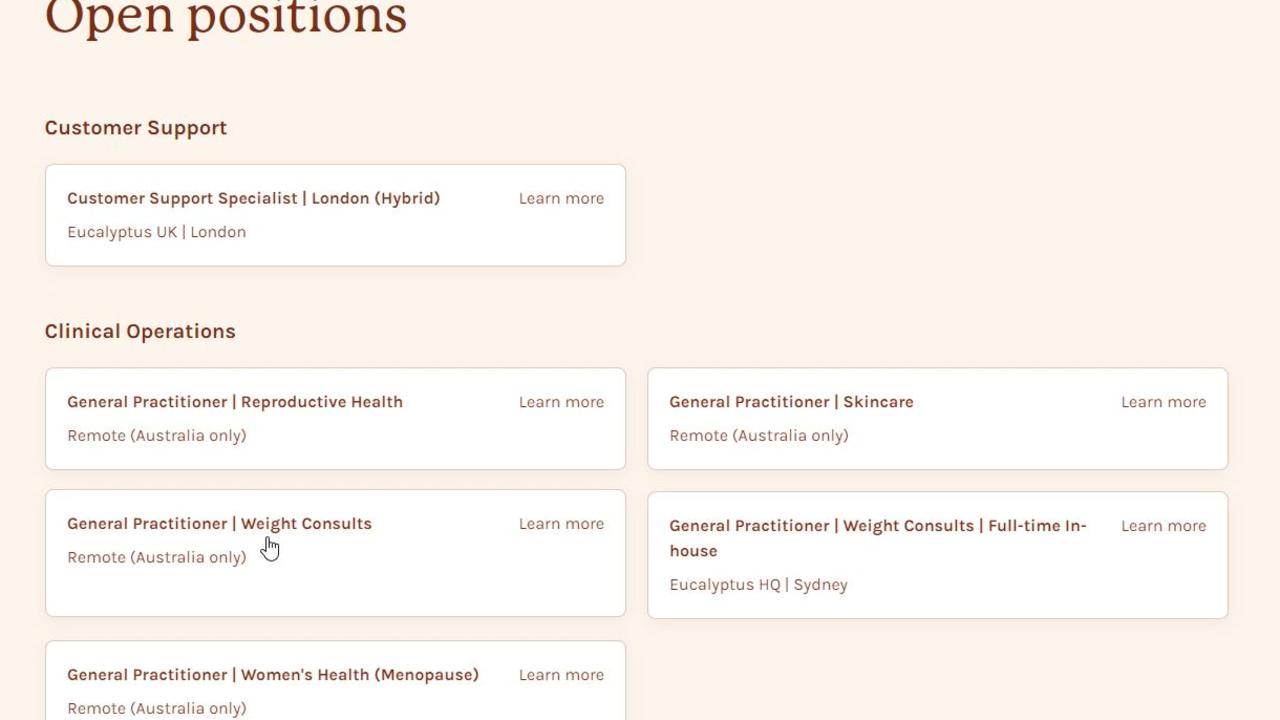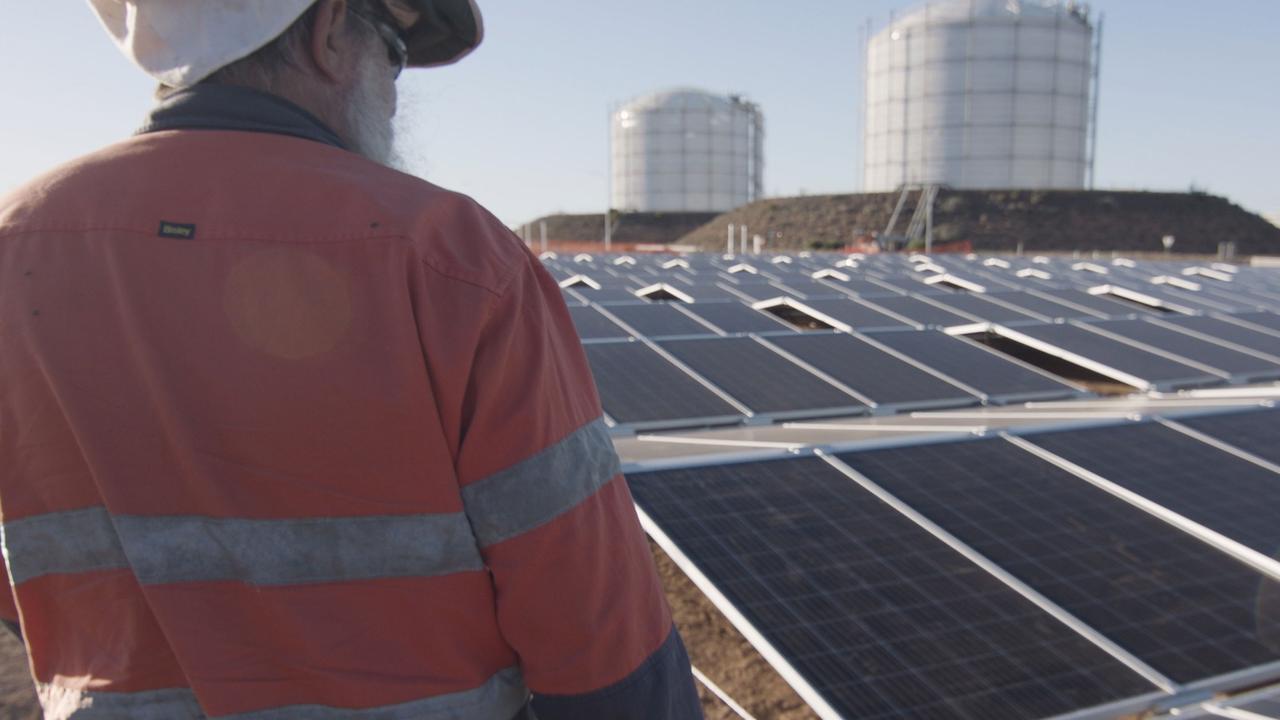Australian healthcare start-up fires 20 per cent of staff
It had raised $60 million in funding late last year but the company’s founder said a disappointing decision had led to “short term pressure” forcing the move.

An Australian healthcare start-up that provides treatments for obesity, acne and erectile dysfunction is set to fire up to 20 per cent of staff.
The start-up called Eucalyptus told staff on Tuesday the company was being forced to make staff cuts, which would impact 50 to 60 roles.
It blamed an investment firm pulling an agreement to loan the company money as the reason for the cuts.
The company runs telehealth brands called Pilot, Kin, Software and Juniper, which cover everything from women’s fertility, skincare and dermatology, sexual wellness, menopause treatment and men’s health.
Despite tech start-ups taking a battering as finding investment becomes increasingly difficult, Benny Kleist co-founder and chief strategy officer at Eucalyptus, said he believed the withdrawal of money for the start-up was a “fund specific issue”.
“We aren’t privy to the exposure this debt fund had across global markets and other companies however, are confident that there are many alternative providers,” he told news.com.au.
“Unfortunately, we were disappointed with the transparency and timing of the decision which passed short term pressure onto us, which could have easily been avoided.”
Stream more business news live & on demand with Flash. 25+ news channels in 1 place. New to Flash? Try 1 month free. Offer ends 31 October, 2022 >


Eucalyptus had previously raised $60 million late last year with a US venture capital firm as well as local investors.
The redundancy process would cast “a wide net”, said Mr Kleist, with “so many roles across the organisation currently impacted in the process”.
He added it was important to make the staff cuts given the current economic uncertainty.
“We, like many high growth companies are preparing for an economic climate that might not be as reliable in terms of funding as it has historically been,” he explained.
“Being more conservative with growth and being more critical with prioritisation of new initiatives is the best path forward and ensures we are more in control of our future and less reliant on external funding.”
This would mean postponing some of Eucalyptus’ more ambitious and expensive plans such as delivering mental health support and creating physical clinics on top of the telehealth offerings.

However, Mr Kleist said no more employee lay offs are expected in the future with the new structure giving the company “an extremely solid outlook”.
Surprisingly, the company is still recruiting for a number of roles on their website including a customer support specialist in London, as well as GPs and a pharmacist in Australia.
“There are specialist roles that can’t or wouldn’t appropriately be offered to existing employees,” Mr Kleist said.
“For example, a doctor with specific clinical experience. International roles are being offered internally as a priority.”

Mega cuts at start-ups
Eucalyptus is the latest start-up to be impacted by tough market conditions with a number of companies raising millions yet sacking staff in recent times, while other struggling businesses have collapsed.
Debt collection start-up Indebted sacked 40 of its employees just before the end of the financial year, despite its valuation soaring to more than $200 million, with most of the redundancies made across sales and marketing.
Then there was Australian buy now, pay later provider Brighte, that offers money for home improvements and solar power, which let go of 15 per cent of its staff in June, with roles primarily based in corporate and new product development.
Another buy now, pay later provider with offices in Sydney called BizPay made 30 per cent of its workforce redundant blaming market conditions for the huge cut to staffing in May.
Earlier this year, a start-up focused on the solar sector called 5B Solar, which boasts backing from former prime minister Malcolm Turnbull, also sacked 25 per cent of its staff after completing a capital raise that would inject $30 million into the business.

Companies that didn’t make it
Staff cuts weren’t enough for some start-ups with others forced into liquidation.
On Monday, a Victorian food delivery company that styled itself as a rival to UberEats and Deliveroo went under pointing to tough market conditions leaving it unprofitable.
The company, which has launched in 2017, completed more than $6 million worth of deliveries since it launched and had 18,000 customers and at its peak employed 200 delivery drivers.
It was the second delivery service to fall over, with start-up Send – which was aiming disrupt the grocery space in Australia by delivering food within 10 minutes – collapsing in May after it had spent $11 million in just eight months.
Last week, a venture capital firm issued a sobering message about the state of Australia’s start-up industry, warning that more new companies would go bust and pulling back on funding as a result.






